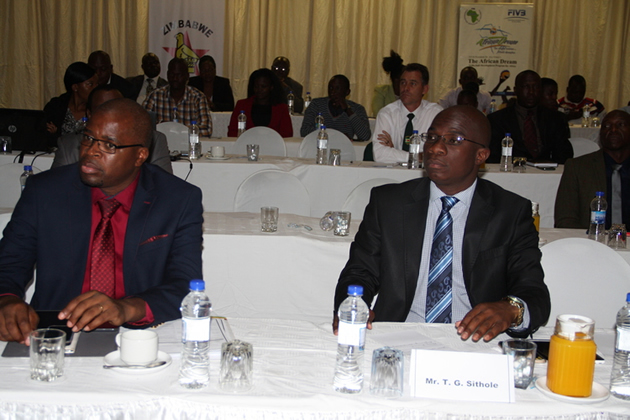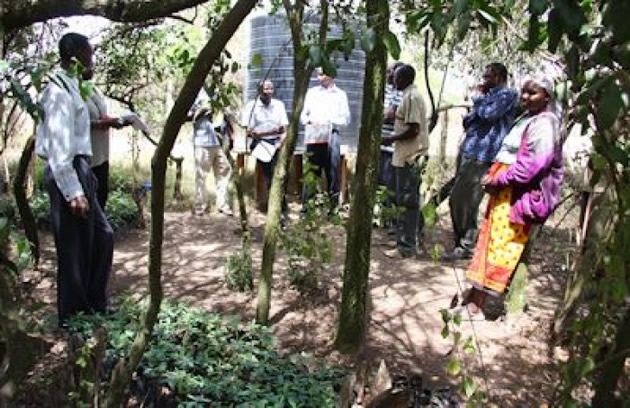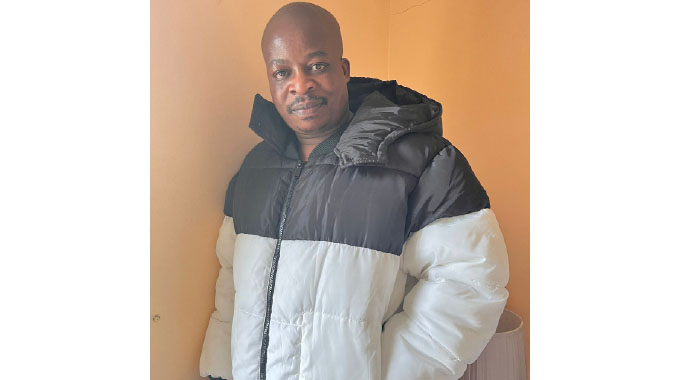Match-fixing hogs limelight


FOR SPORT’S INTEGRITY . . . African Union Sports Council Region Five general manager Stanley Mutoya (left) and Sports and Recreation Minister Makhosini Hlongwane, follow proceedings at the convention in Harare yesterday
Grace Chingoma Senior Sports Reporter
THE national sport associations and stakeholders have urged the Government to consider funding of sport and introduction of a sports levy so that players are better remunerated as one of the ways to address match-fixing.
The stakeholders, who attended a two-day convention on match-fixing and other forms of corruption in sport organised by the Ministry of Sport and Recreation, yesterday came up with resolutions after intense presentations and deliberations.
The convention came up at a time when local football has been dogged by match-fixing allegations following revelations by a whistle-blower that the Warriors matches against Swaziland during the Easter Holiday were set to be fixed.
And the national sports associations who convened in Harare where a number of key speakers such as World Rugby Board vice-president Oregan Hoskins, Anoca secretary-general Tommy Sithole, African Union Sports Council Region Five general manager Stanley Mutoya, Bindura University vice-chancellor Eddie Mwenje addressed the delegates on various forms of corruption, felt that lack of funding in Zimbabwean sport might be one of the drivers of the scourge.
After the indaba, the delegates resolved that:
“Government to consider funding sport players, officials, coaches and administrators to make them avoid being entrapped into the match-fixing scan- dals.
“Government to consider introducing sports levy, share ownership trust and bilateral agreements that include the Sport Ministry
“There should be legislation to deal with fixing as the obtaining situation doesn’t deter would-be perpetrators.
“Legislation, Act of Parliament or a body to deal with the cases of match-fixing and protect the pillar and values of sport (hard work, integrity, honest, respect and fair play).
“To also have supportive punitive penalties for violation of legislation on match-fixing.”
Already the Ministry of Sport and Recreation have received support and assurance from the Ministry of Justice, Legal and Parliamentary Affairs which pledged to assist in the battle against corruption in sport.
The deliberations also came up with a recommendation that there is need to create awareness in athletes starting at an early stage.
“Education is very crucial to our players starting from primary level, education intensity, value-based education and awareness against match-fixing from grassroots, including schools and colleges.
“Systems providing early warning signs for compliance and develop surveillance governance tools, legislative and judicial provisions that deter prevalence of match-fixing, develop robust codes,” read the resolutions.
The convention, which also tackled age-cheating in sport, also acknowledged the need to penalise that offence as a way of arresting the rot which many associations, administrators, parents and athletes are guilty of.
“There is need to decentralise sport and develop centres of excellence.
“Criminalisation of cheating, through deterrent measures such as banning and prosecution of cheats.
“To address the practice of ‘permanent’ students through the development of a database that can be used as a tracking system to assist in capturing the development trajectory of individual athletes as they progress within the sport continuum,” read part of the resolutions.
The two-day indaba also touched on use of substances and drugs to enhance sport performances and after some plenary presentation by Nicholas Munyonga, who is also a WADA official, resolved that a sport policy should encompass clauses that deal with anti-doping.
“Implement the provisions of the UNESCO Convention, for example government to introduce legislation that incorporates criminalisation of violation of doping rules.
“Draft National Sports Policy to include clauses that address Anti-Doping.
“Setting up of a National Anti-Doping organisation. To collaborate with already existing structures as outlined in the World Anti-Doping -Code.”
And the convention also dealt with the issue of vote-buying.
“Constitutions should be made available and popularised to all stakeholders such that they have access, read and understand in recognition of the power of information.
“Strong constitutional safeguards to avoid unilateral attempts to tamper with provisions of existing constitutions. Importance of a culture of good corporate governance.
“Training and workshop programmes for all associations, executive members, players, stakeholders on relevant aspects,” read part of the resolutions.











Comments